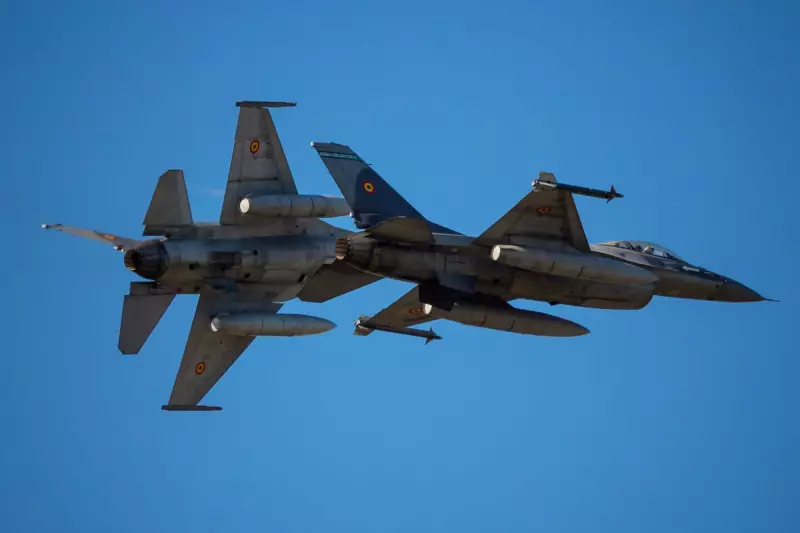
Vladimir Putin's forces have launched a dangerous new offensive, bringing the war in Ukraine to the very doorstep of the NATO alliance. In a significant escalation, Russian drones have struck Ukrainian port infrastructure on the Danube River, mere metres from the Romanian border, sending shockwaves through the defence pact.
The audacious attacks, which targeted the ports of Izmail and Reni, represent a direct challenge to NATO's eastern flank. Footage and reports confirmed explosions so close to Romanian territory that residents on the NATO side of the river felt the blasts, triggering emergency government meetings in Bucharest.
NATO's Red Line Tested
While Romanian officials initially stopped short of confirming a direct breach of airspace, the proximity of the strikes has forced a severe diplomatic and military reckoning. The Danube has become a critical new export route for Ukrainian grain since Moscow's withdrawal from the Black Sea grain deal, making it a strategic target for the Kremlin.
'A deliberate provocation': Security analysts are interpreting the strikes as a calculated test of NATO's resolve. By operating in the narrow airspace between Ukraine and NATO member Romania, Putin is probing the alliance's thresholds and response protocols, particularly the sacred commitment to collective defence under Article 5.
Poland on High Alert
The tension is not confined to the southern flank. To the north, Poland—another key NATO member—has been put on high alert. Two Belarusian helicopters were reported to have violated Polish airspace, an act Warsaw condemns as a further provocation from Moscow's ally, Minsk.
This incident near the village of Bialowieza adds another layer of complexity to the regional security crisis, stretching NATO's attention across multiple borders and raising the spectre of a broader confrontation.
The International Response
The White House has stated it is monitoring the situation with Romania "very closely," underscoring the gravity of the events. For Romania, a nation already investing heavily in its air defence capabilities, the attacks are a stark reminder of its vulnerable position on the front line of this geopolitical struggle.
As grain prices fluctuate and global food security is once again threatened, the world watches to see how NATO will respond to these brazen acts of aggression on its periphery. The coming days will be a critical test of the alliance's unity and strategic deterrence in the face of an increasingly emboldened Kremlin.





